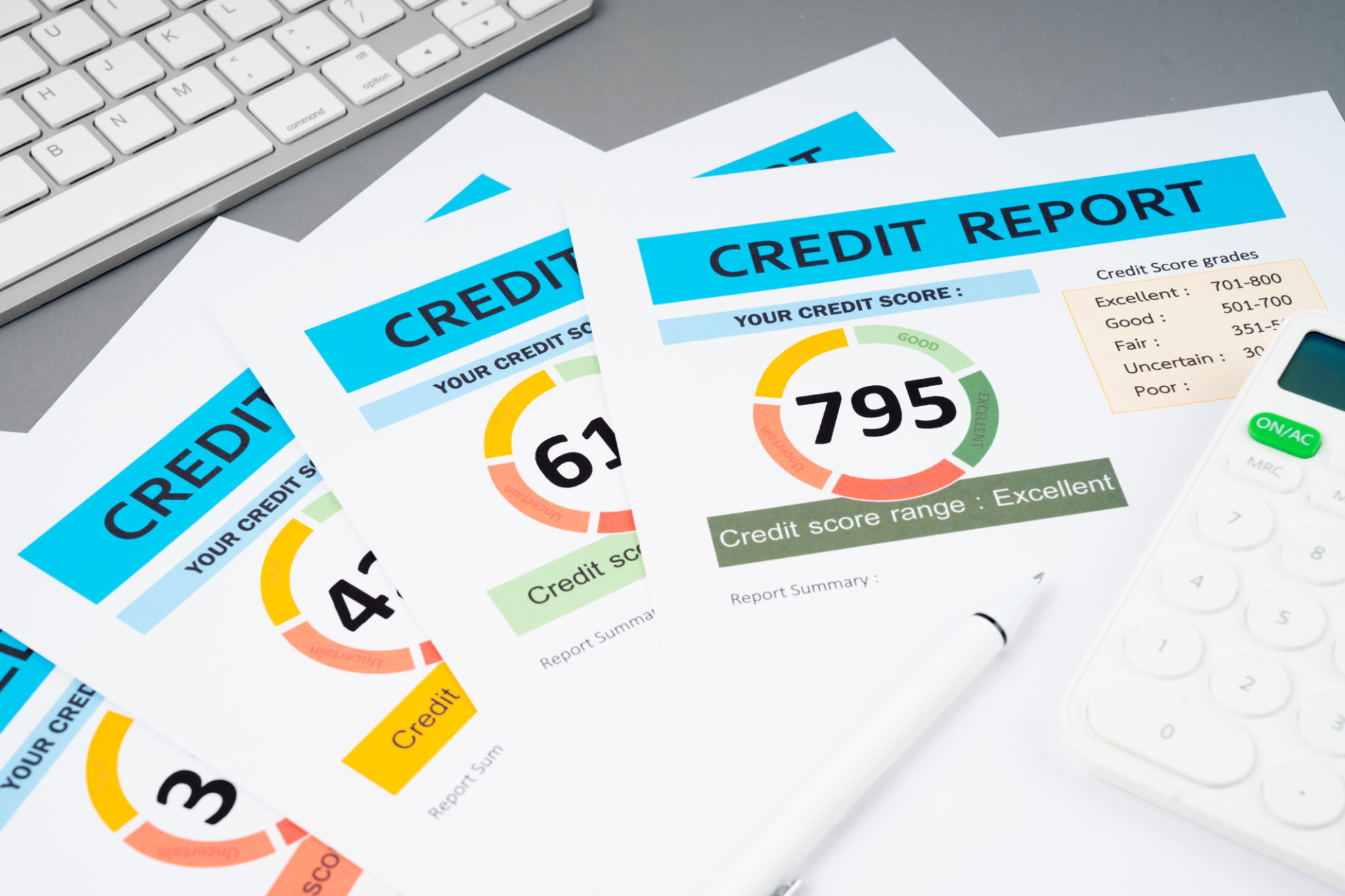The Ultimate DIY Guide to Improving Your Credit Score
Understanding Your Credit Score
Your credit score plays a crucial role in your financial health. It affects your ability to secure loans, obtain favorable interest rates, and even impacts your job prospects. Understanding what influences your credit score is the first step toward improving it.
Credit scores are calculated based on various factors, including payment history, amounts owed, length of credit history, new credit, and types of credit used. Each of these components contributes differently to your overall score, with payment history and amounts owed being the most significant.

Check Your Credit Report Regularly
One of the most important steps in improving your credit score is to regularly check your credit report for inaccuracies. You're entitled to one free credit report per year from each of the three major credit bureaus: Equifax, Experian, and TransUnion. Reviewing your reports helps you spot errors or fraudulent accounts that could be dragging your score down.
If you find any discrepancies, dispute them immediately with the credit bureau involved. Correcting these errors can give your score an immediate boost.
Pay Your Bills on Time
Your payment history accounts for about 35% of your credit score, making it the most influential factor. Consistently paying your bills on time is crucial to maintaining a healthy score. Set up reminders or automatic payments to ensure you never miss a due date.

In case you've missed a payment, contact your creditor as soon as possible to discuss your options. Sometimes, lenders are willing to forgive late payments if you have a good track record.
Reduce Your Debt
The amount of debt you carry is the second most important factor affecting your credit score. Aim to keep your credit utilization ratio below 30%. This means if you have a total credit limit of $10,000, you should not carry more than $3,000 in debt.
- Pay more than the minimum payment on your credit card bills whenever possible.
- Consider consolidating high-interest debts for easier management and lower interest rates.
- Avoid opening new accounts unless necessary, as each inquiry can slightly lower your score.
Build a Positive Credit History
Length of credit history contributes to 15% of your score. Keeping old accounts open, even if they're not in use, can positively impact this factor. The longer your credit history, the better it is for your score.

If you're new to credit or trying to rebuild, consider becoming an authorized user on a trusted family member's account. This can help you establish a positive credit history without taking on additional debt.
Diversify Your Credit Mix
Your credit mix accounts for about 10% of your score. Lenders like to see that you can manage different types of credit responsibly. If possible, have a mix of revolving credit (like credit cards) and installment loans (like car loans or mortgages).
However, only take on new forms of credit if it makes sense for your financial situation. Never open new accounts solely for the sake of diversity.
Be Patient and Persistent
Improving your credit score is not an overnight process. It requires patience and consistent effort over time. Monitor your progress and celebrate small victories along the way as you work towards achieving a healthier financial future.

By following these DIY strategies, you'll be well on your way to improving your credit score and unlocking better financial opportunities. Remember, the key is to stay informed, proactive, and disciplined in managing your finances.